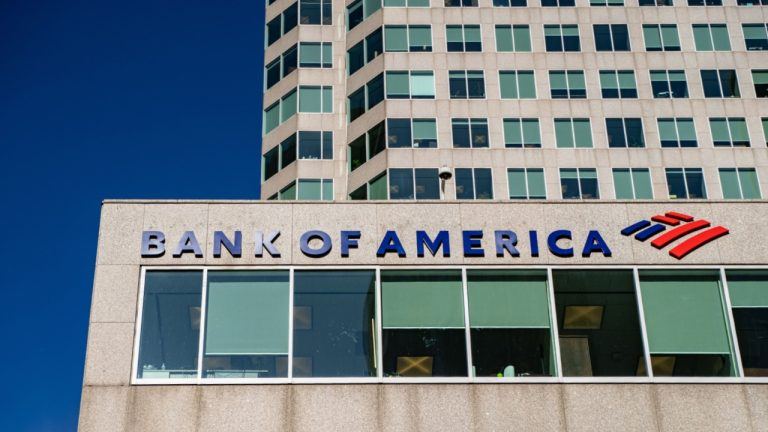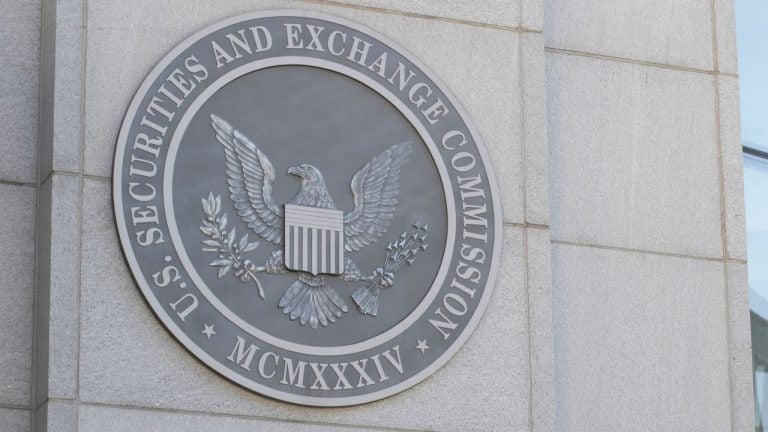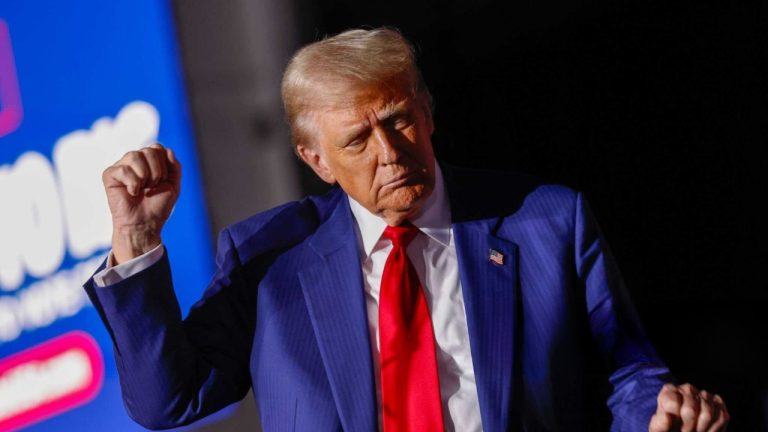
ECB is looking to design a digital euro more energy-efficient than Bitcoin

The underlying architecture of the digital euro will be designed to have a negligible environmental footprint compared to Bitcoin and other crypto-assets.
The European Central Bank, or ECB, joins the growing club of crypto-friendly financial institutions as it announces the decision “to launch a project to prepare for possibly issuing a digital euro.” The ECB’s official tweet noted:
“We will look at how a digital euro could be designed and distributed to everyone in the euro area.”
According to a press release on July 14, the ECB’s governing council has launched the investigation phase of a digital euro project. This phase is planned to last for two years, during which time Eurogroup will design a digital currency focused on “users’ preferences and technical advice by merchants and intermediaries.”
Sharing more insights, the ECB’s official statement also highlighted their success in identifying the various ways to protect it’s user’s privacy, in tune with the nation’s GDPR requirements. They added:
“It has also shown that the energy needs of the infrastructure would be negligible compared with the energy consumption and environmental footprint of crypto-assets, such as bitcoin (BTC).”
One of ECB’s executive board members, Fabio Panetta, clarified that the success of the digital euro will be heavily dependent on the value it adds for “people, merchants and financial intermediaries in the euro area.”
Related: UAE to experiment and launch an in-house digital currency
On a similar timeline, the United Arab Emirates also announced an interest in launching a digital version of the nation’s fiat. In the three-year plan spanning from 2023-2026, the Central Bank of the UAE intends to be among the top 10 financial leaders across the globe.
In what seems increasingly common in 2021, banking giants around the world are announcing their interest in experimenting with various types of crypto assets. Recently, Vietnam’s prime minister Phạm Minh Chính asked the State Bank of Vietnam to begin trialing its own digital currency.
While the crypto ecosystem faces enormous mainstream resistance, governments are now cautious about missing out on the underlying innovation. As more and more leaders continue to share their interest in trying out digital currencies, Bitcoin is set to redefine the “B” in banking.
Go to Source
Author: Arijit Sarkar









